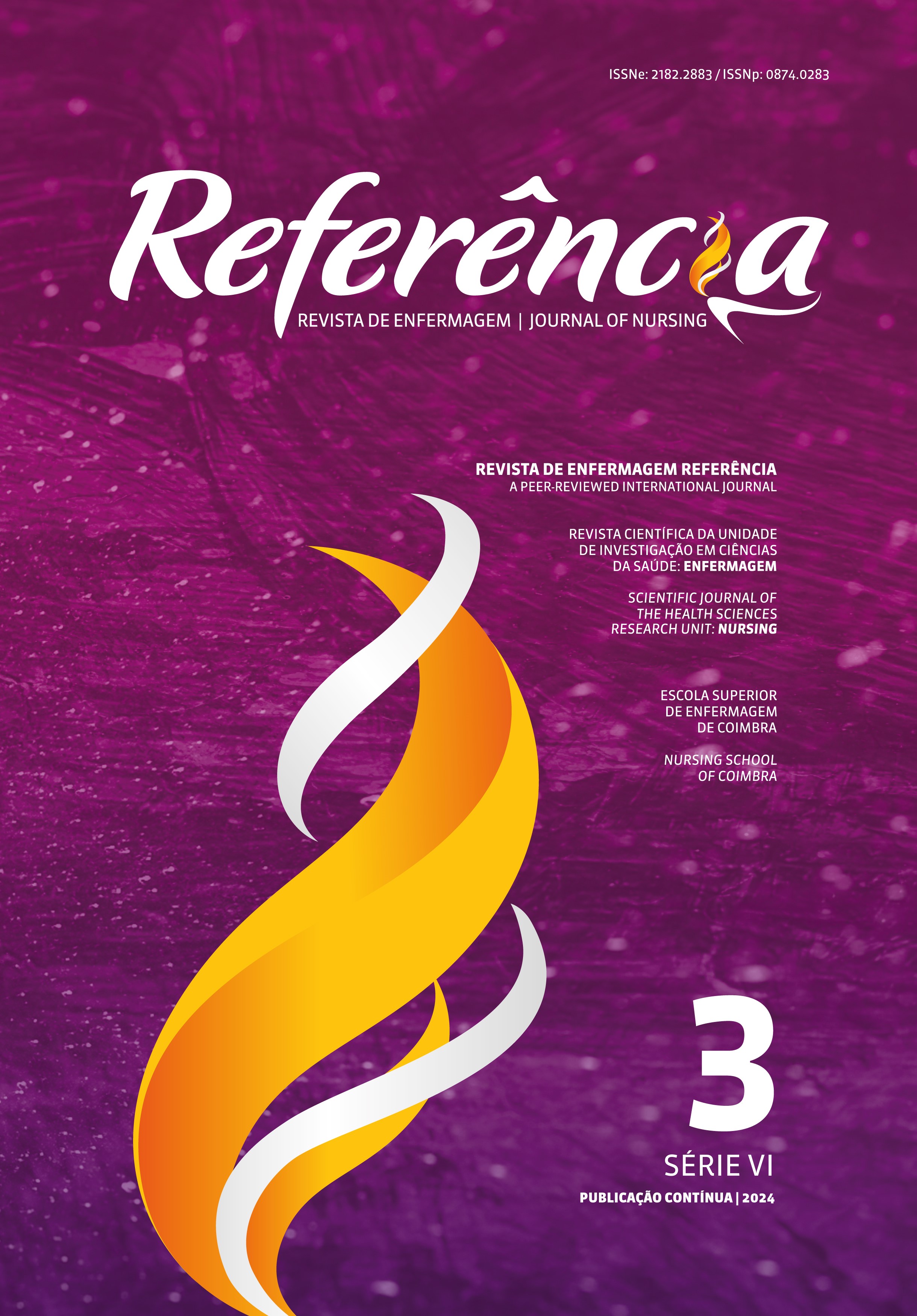Knowledge about oxygen therapy in final-year nursing students
DOI:
https://doi.org/10.12707/RVI24.53.35621Keywords:
knowledge, nursing student, oxygen inhalation therapy, monitoring, patient safety, VietnamAbstract
Background: Knowledge of oxygen therapy is crucial for nurses to recognize early risk factors and prevent complications, thereby enhancing treatment efficienc
Objective: This study aimed to describe the knowledge about oxygen therapy in final-year nursing students at Nam Dinh University of Nursing.
Methodology: A cross-sectional descriptive study was conducted with 236 final-year un dergraduate nursing students. Data were collected using a self-administered questionnaire.
Results: The mean score for students’ general knowledge was 6.73 ± 1.43 out of 10. The lowest mean score was for knowledge about weaning and discontinuing oxygen therapy (3.79 ± 1.89) and knowledge about oxygen delivery devices (5.34 ± 2.77). Scores for recognizing signs of hypoxemia and monitoring and evaluating the effectiveness of oxygen therapy were 8.88, 6.37, and 8.38, respectively.
Conclusion: Students’ knowledge about oxygen therapy is average, with gaps in areas such as weaning and discontinuing oxygen therapy and oxygen delivery devices. Greater focus on these topics in pre-clinical and clinical education is advised to improve patient care, oxygen use, and reduce complications.
Downloads
References
Adeniyi, B. O., Akinwalere, O. O., Ekwughe, F. C., Ogunmodede, A. F., Kareem, A. O., Olakanye, O. D., Erhabor, G. E., & Abejegah, C. (2021). Assessment of knowledge and practice of oxygen therapy among doctors and nurses: A survey from Ondo State, Southwest Nigeria. Journal of the Pan African Thoracic Society, 2(3), 161-166. https://doi.org.10.25259/JPATS_4_2021
Adipa, F. E., Aziato, L., & Zakariah, A. N. (2015). Qualitative exploration of nurses’ perspectives on clinical oxygen administration in Ghana. International Journal of Africa Nursing Sciences, 2, 42-46. https://doi.org/10.1016/j.ijans.2015.03.002
Al, N., Aydin, A. I., Atak, M., Akca, D., Ozyazicioglu, N., & Alkan, T. (2019). Determination of the knowledge levels of nursing students on oxygen administration in newborn intensive care units. International Journal of Caring Sciences, 12(1), 280-285. https://internationaljournalofcaringsciences.org/docs/31_nevin_12_1_1.pdf
Aloushan, A. F., Almoaiqel, F. A., Alghamdi, R. N., Alnahari, F. I., Aldosari, A. F., Masud, N., & Aljerian, N. A. (2019). Assessment of knowledge, attitude and practice regarding oxygen therapy at emergency departments in Riyadh in 2017: A cross-sectional study. World Journal of Emergency Medicine, 10(2), 88-93. https://doi.org/10.5847/wjem.j.1920-8642.2019.02.004
Arslan, F. T., Ozkan, S., Ak, B., & Muslu, G. K. (2017). Neonatal intensive care nurses’ opinion on oxygen therapy: A survey conducted in Turkey. Journal of Contemporary Medicine, 7(2), 184-192. https://doi.org.10.16899/gopctd.326667
Cooper, J. S., Phuyal, P., & Shah, N. (2023). Oxygen toxicity. Stat-Pearls. https://www.ncbi.nlm.nih.gov/books/NBK430743/
Demírel, H., & Kazan, E. E. (2020). Knowledge levels of nurses about oxygen therapy in Turkey. International Journal of Health Services Research and Policy, 5(1), 1-14. https://doi.org.10.33457/ijhsrp.700150
Desalu, O. O., Ojuawo, O. B., Adeoti, A. O., Oyedepo, O. O., Aladesanmi, A. O., Afolayan, O. J., Ibraheem, R. M., Suleiman, Z. A., & Opeyemi, C. M. (2022). Doctors’ and nurses’ knowledge and perceived barriers regarding acute oxygen therapy in a tertiary care hospital in Nigeria. Advances in Medical Education and Practice, 13, 1535-1545. https://doi.org.10.2147/AMEP.S378533
Ernstmeyer, K., & Christman, E. (Eds.). (2021). Nursing skills: Oxygen therapy (Chap. 11). Chippewa Valley Technical College. https://www.ncbi.nlm.nih.gov/books/NBK593208/
Hassanzad, M., Ghaffaripour, H., Rekabi, M., Mirzendehdel, M., Sadati, E., Elahimehr, N., & Derakhshanfar, H. (2022). Nurses’ knowledge regarding oxygen therapy; a cross-sectional study. Archives of Academic Emergency Medicine, 10(1), e38. https://doi.org.10.22037/aaem.v10i1.1553
Nabwire, J., Namasopo, S., & Hawkes, M. (2018). Oxygen availability and nursing capacity for oxygen therapy in Ugandan paediatric wards. Journal of tropical Pediatrics, 64(2), 97–103. https://doi.org/10.1093/tropej/fmx033
O’Driscoll, B., Howard, L., Earis, J., & Mak, V. (2017). British Thoracic Society Guideline for oxygen use in adults in healthcare and emergency settings. BMJ Open Respiratory Research, 4(1), e000170. https://doi.org.10.1136/bmjresp-2016-000170
Tran, T. D., Le, T. T., Nguyen, T. H., & Thai, L. A. (2019). Learning motivation of full-time nursing students at Hai Phong University of Medicine and Pharmacy. Journal of Nursing Science, 2(1), 96 - 104.
Zeleke, S., & Kefale, D. (2021). Nurses’ supplemental oxygen therapy knowledge and practice in Debre Tabor General Hospital: A cross-sectional study. Open Access Emergency Medicine, 13, 51-56. https://doi.org.10.2147/OAEM






















